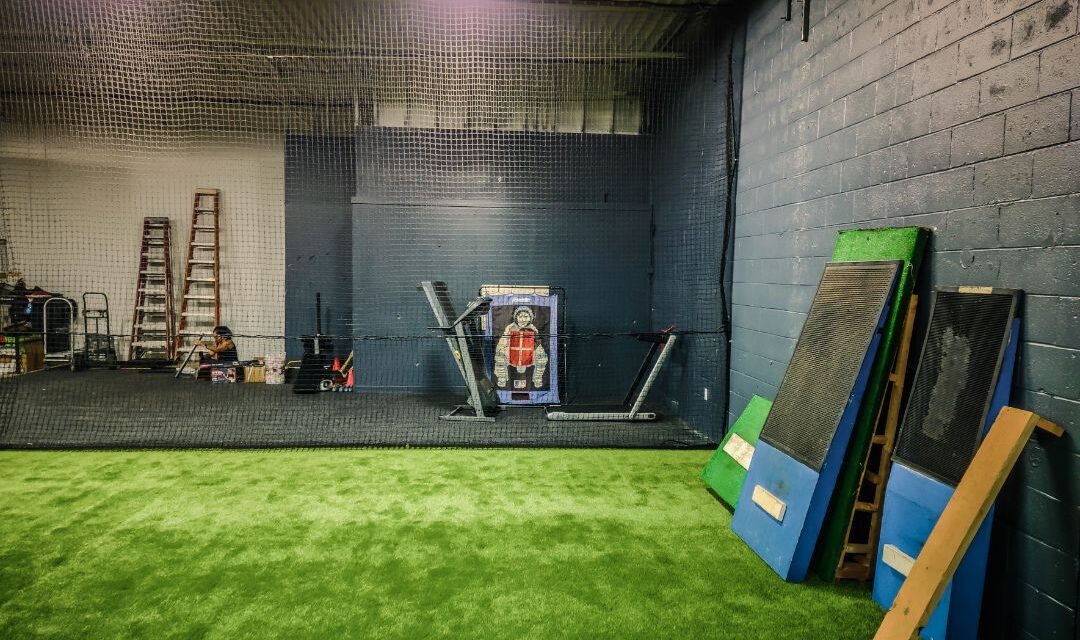The biggest fear a parent of a softball player has, aside from injury, is fear of softball burnout. For those not familiar with the term, “burning out” occurs when an athlete is physically and emotionally tired and begins to lack interest in their sport. Burnouts can occur due to several different reasons and may vary from athlete to athlete. Some common reasons for why athlete’s burnout can be found in the list below:
- Only involved in one sport
- Too much time spent on the sport (practice, games, individual training, etc.)
- Not enough time off
- Not having fun
- Pressure from parents and coaches
- Lose interest
Becoming a burnout is not uncommon and it happens in almost every sport. Burnouts can happen to softball players at the youth, high school, college, and even professional levels. There is no predicting when burnouts happen, but if you ever meet someone who proclaims themselves as a burnout, their answer will probably match one of the reasons above. Below are three resourceful ways that can help limit the chance of a softball player burning out.
Take time off: This is huge and extremely important. Softball has evolved over the years into a year-round commitment. With that being said, there is always time for a break, even if it’s a small one. There are always a few weeks between the end of the busy summer season and when fall ball games pick up. Get the family together and go on a trip that doesn’t involve softball. The Holiday season is also a great opportunity for some time off, even if that means the athlete misses a fun festive tournament.
Stay involved in multiple sports: This gets harder to do as the athlete gets older but I would recommend taking advantage of being a multisport athlete for as long as you can. If things start to get too busy during the athlete’s high school years, cut back on the off-season training and focus on the sport that is in season. If the athlete is involved in more than one sport in high school, this already proves their athleticism and there is a good chance they won’t fall behind if they cut back for a few months.
Keep it fun: This point is for players, parents, and coaches. An athlete’s youth, high school, and college years should be fun. Players, don’t put too much pressure on yourself to succeed. Trust your hard work and the time you have put in. Enjoy the time spent with your teammates on and off the field. Smile. Parents and coaches, never lose sight of the big picture. You should always be developing your athletes into the best players they can be, and also into young women who will succeed beyond the diamond one day. There is a way to take care of business and keep it fun at the same time.
Burning out of a sport isn’t uncommon but it is a big fear by many parents in the softball world today. Listen to your kid, if they aren’t having fun or if they are feeling too much pressure at a young age, don’t push them. Listen to your instinct and if that doesn’t work, revert back to one of the points above. There are also plenty of parents who go through dealing with their kids experiencing burnout. Remember you are not alone and keep in mind, a burnout may not be the end of a career, but it could be the start to one if not addressed.
Sara Moulton is an All-America and NPF Champion







